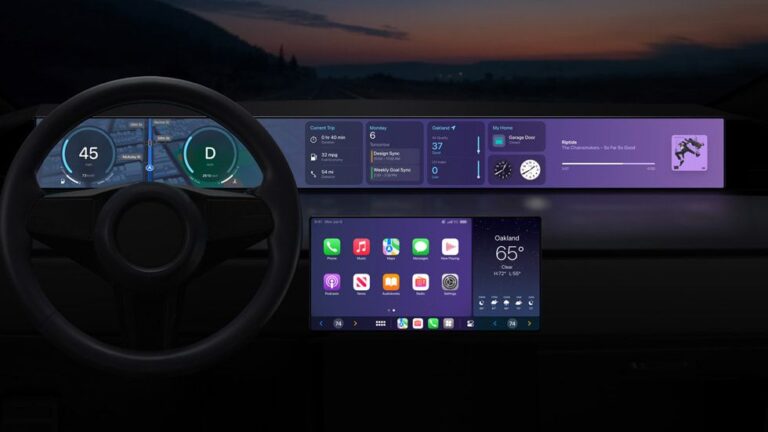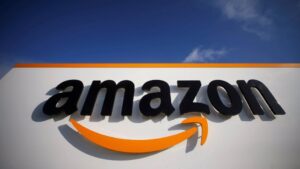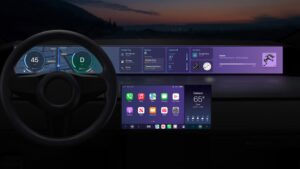A return to the public market is now more likely.
- Arm’s restructuring is either signalling a rapid return to the stock market or no return at all. I suspect the former.
- Arm is restructuring its business and transferring its IoT Services Group and IoT Platform and Treasure Data to SoftBank which will leave Arm completely focused on semiconductor IP.
- This represents a significant shift because when SoftBank acquired the company in 2016, the idea was to invest heavily in IoT, dominate the market and then re-list Arm at a valuation of $50bn+.
- This was the only way the SoftBank could really hope to earn a return on Arm given that it paid a very high price ($31.6bn) to acquire the company which already utterly dominated its market.
- To be completely fair, as a public entity, investing in IoT is something that Arm could never have contemplated because the minute would have started investing with falling margin, the valuation would have collapsed given that it was already at a very high level.
- Hence, to go down the IoT route (one of Mr Son’s favourite areas) it had to go private.
- At the time (see here), I was of the opinion that this was going to take at least 5-10 years for this strategy to pay off but it looks like this strategy has come somewhat unstuck.
- First, investment: Arm is now reinvesting all of its profit in long-term projects, but the market is not cooperating very well.
- Consequently, the return is taking longer than expected to materialise which has been exacerbated by the pandemic which in turn has pushed the world into a recession.
- This means that Arm needs more time to bring this strategy to fruition before it is in a position to return to the public market and earn a profit for its owner.
- Second, time: SoftBank’s reputation as a shrewd investor has taken a huge knock following the WeWork disaster among several others.
- This has left it in need of raising cash to pay down debt as well as a very large share buyback to support the share price and maintain the confidence of shareholders.
- There has been a lot of speculation about whether Arm would be used as a source of funds but given that it is in the middle of a huge investment phase, returning it to the market in its current form would result in a valuation lower than that SoftBank paid for it in 2016.
- Hence, this restructuring raises two possibilities:
- First, tidy-up and IPO: With the IoT businesses gone, Arm will in all likelihood return to a high level of profitability while suffering a small impact on its revenues as this has been a major focus on investment.
- This will return Arm to a level of profitability and cash flow that would make an IPO viable.
- There is, of course, the question of valuation but with the market being completely devoid of any attachment to fundamentals (with the exception of the banking sector), the timing looks sound.
- Hence, in this environment, Arm might be able to relist at a valuation that will keep SoftBank, its shareholders and its partners in the Vision Fund quiet.
- Second, Forever private: This restructuring could be a recognition that the IoT strategy is not working and is unlikely to ever deliver the returns that would be needed to return Arm to the market and make a good return for SoftBank.
- Giving up on this strategy or transferring it elsewhere will make the Arm asset profitable with good cash flow, the dividends from which could be used to invest elsewhere in within the Vision Fund and within SoftBank.
- Of these two possibilities, I think the first is the most likely as SoftBank appears to have been putting pressure on Arm to return to the market as soon as possible, given the problems SoftBank has encountered in the last year.
- A relisting is the only viable exit for SoftBank because Arm is so dominant in its market that any industry player acquiring Arm would completely upset the delicate balance.
- This could tilt the balance towards companies considering alternatives such as RISC-V which is an eventuality that Arm must avoid at all costs.
- Either way, the biggest beneficiaries so far from SoftBank’s ownership of Arm have been the original investors who sold to SoftBank for $31.6bn in 2016.
- It looks set to stay that way for a little while yet.










Blog Comments
Yesi
July 27, 2020 at 11:45 pm
Very interesting article, thank you for sharing!